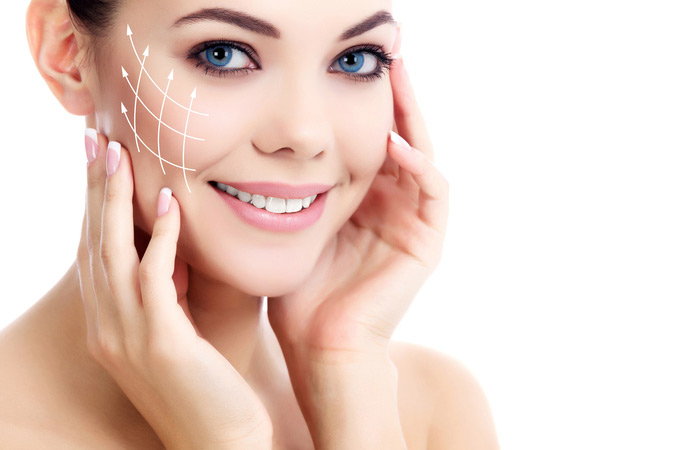In recent decades, advancements in anti-aging dermatology have revolutionized the approach to skin aging. This field encompasses a diverse array of treatments and technologies designed to mitigate the visible signs of aging, such as wrinkles, fine lines, sagging skin, and uneven tone. One of the most notable advancements is the refinement and widespread use of cosmetic dermatology procedures, ranging from injectables like Botox to laser treatments and chemical peels. These procedures target different aspects of aging, offering tailored solutions depending on individual skin types and concerns. Injectables like Botox, which contain botulinum toxin, work by temporarily paralyzing muscles that cause wrinkles, thereby smoothing out the skin’s surface. This treatment has become immensely popular due to its effectiveness in reducing dynamic wrinkles, such as crow’s feet and frown lines. Similarly, dermal fillers composed of hyaluronic acid or collagen can restore lost volume, plumping up areas that have sunken or developed folds due to aging.

Laser treatments have also emerged as a game-changer in anti-aging dermatology. They utilize various wavelengths of light to target specific skin issues, such as sunspots, pigmentation irregularities, and even fine lines. Fractional laser resurfacing, for instance, stimulates collagen production and improves skin texture by creating controlled micro-injuries in the skin, prompting it to regenerate and appear smoother over time. Chemical peels, another longstanding technique, involve applying a chemical solution to the skin to exfoliate dead cells and stimulate new cell growth. This process can improve skin texture, reduce the appearance of fine lines, and even out skin tone by removing damaged outer layers. Beyond procedural treatments, advances of northstar dermatology llc in skincare formulations have significantly contributed to anti-aging efforts. Ingredients like retinoids, peptides, antioxidants such as vitamins C and E, and growth factors are commonly found in modern anti-aging creams and serums. These ingredients work synergistically to promote collagen production, protect against environmental damage, and improve overall skin health and resilience.
Moreover, the understanding of how lifestyle factors impact skin aging has grown, emphasizing the importance of sun protection, adequate hydration, a balanced diet rich in antioxidants, and avoiding smoking and excessive alcohol consumption. These practices complement dermatological treatments and help maintain youthful skin over the long term. Looking ahead, the field of anti-aging dermatology continues to evolve with ongoing research into new treatment modalities and technologies. Innovations such as gene therapy, stem cell research, and personalized skincare regimens tailored to genetic predispositions hold promise for further improving outcomes in anti-aging efforts. From injectables and laser therapies to advanced skincare formulations and lifestyle interventions, individuals now have a wealth of options to maintain youthful, healthy skin well into their later years. As research and technology progress, the future of anti-aging dermatology appears increasingly promising, continuing to redefine standards of skin care and rejuvenation.